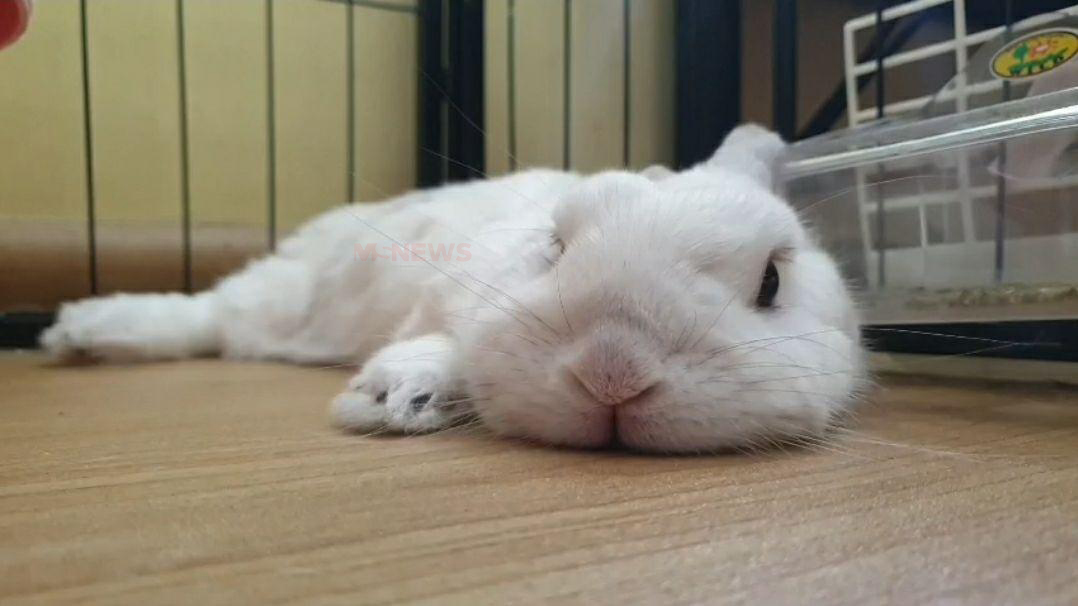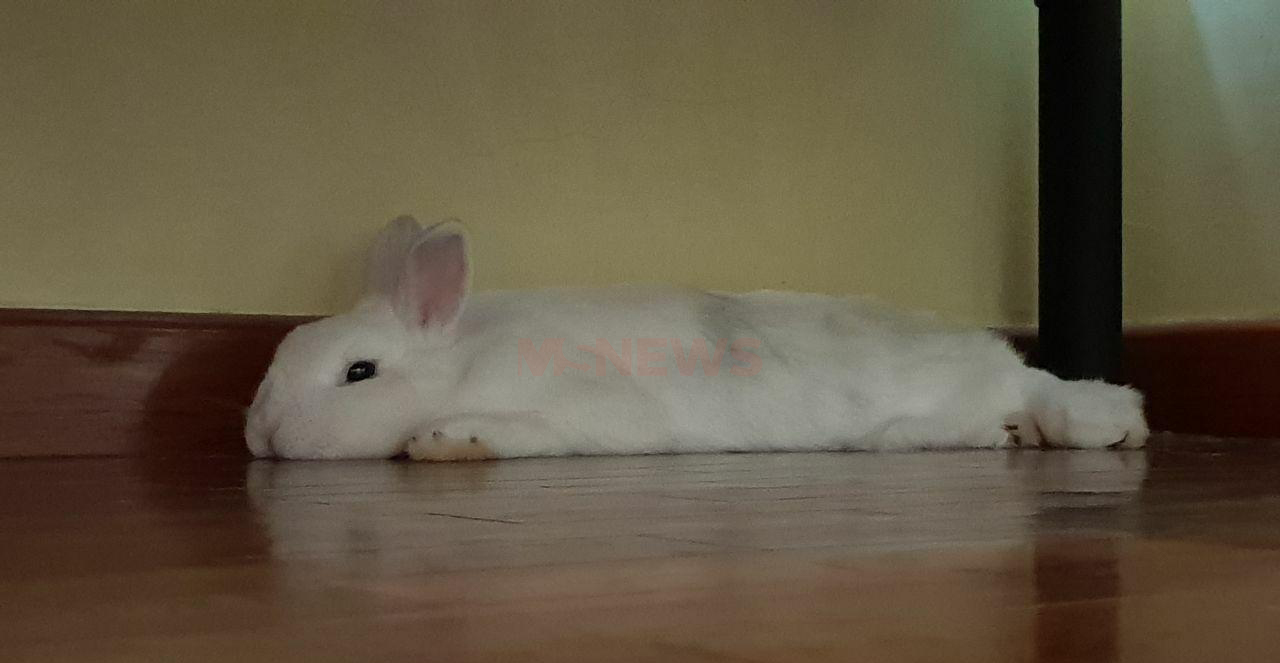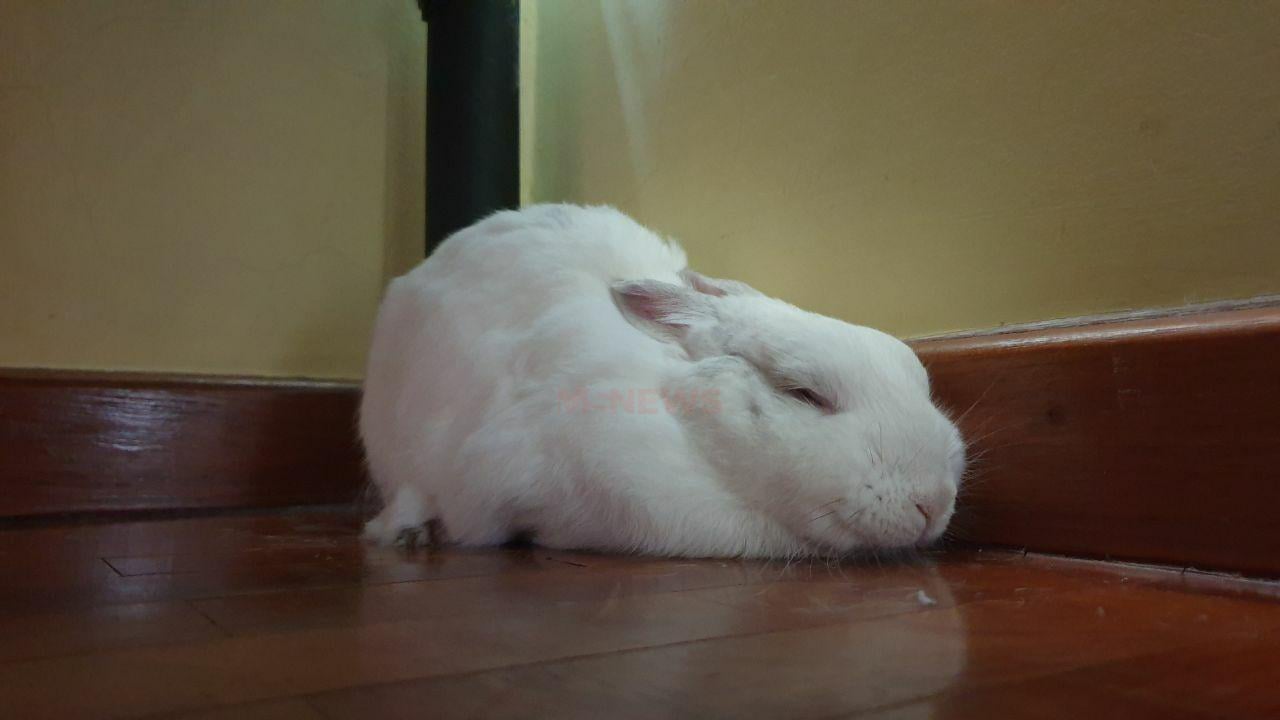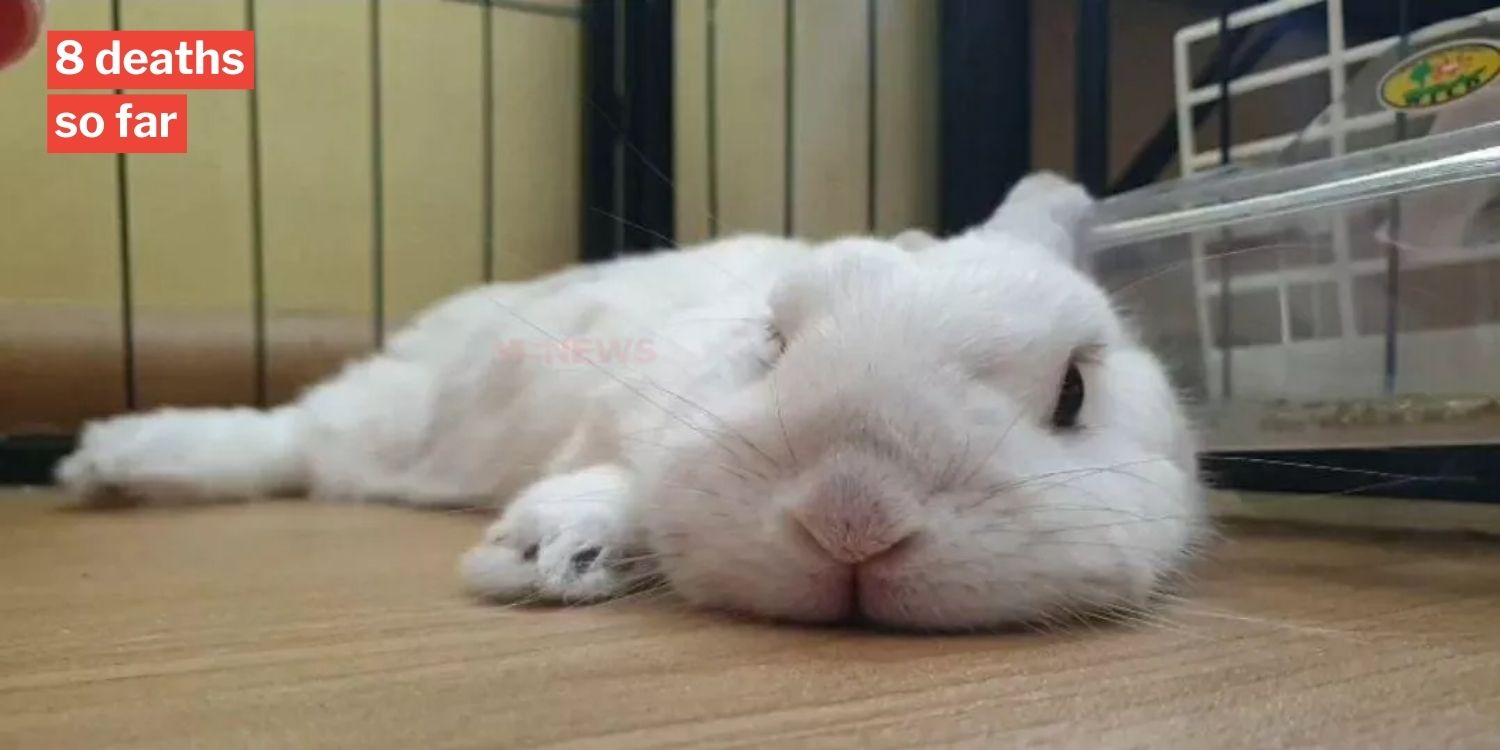Rabbit Haemorrhagic Disease Hits Singapore, Infected 11 So Far
As if Covid-19 wasn’t enough, there’s now a virus that’s attacking rabbits right here in Singapore.
Known as Rabbit Haemorrhagic Disease (RHD), 8 out of 11 known rabbits have already succumbed to it.
 Image provided by an MS News reader.
Image provided by an MS News reader.
The Animal & Veterinary Service (AVS) notes that although the disease is contagious among rabbits, it doesn’t affect humans, they said in a press release on Thursday (17 Sep).
However, they say that the risk of transmission is low for rabbits who’re kept indoors with limited exposure to other rabbits or the outdoors.
So for now, perhaps bunny owners may want to refrain from bringing them out.
Rabbit Haemorrhagic Disease is highly contagious
RHD is not only highly contagious among rabbits, it’s also quite fatal — able to be transmitted through contact with infected fluids or fur, as well as carcasses.
Worryingly, there are also cases of it transmitting through shoes, clothing or other equipment, as well as insects.
Also, rabbits that survive may still shed the virus for at least a month after recovery, which further increases transmission risks.
 Image provided by an MS News reader.
Image provided by an MS News reader.
It can take between 1-5 days for RHD to manifest through symptoms.
Symptoms include:
- anorexia
- dullness
- prostration
- nervous signs
- groans and cries
- respiratory signs such as breathing difficulties or discharge from the nose
RHD also claims their victims quickly, and bunnies can pass away within 12-36 hours upon onset of symptoms.
Keep rabbits indoors, away from others
AVS advises that owners keep their bunnies indoors, as the transmission rate is low in such cases.
 Image provided by an MS News reader.
Image provided by an MS News reader.
They should also not mingle with rabbits from other households. Yes, we’re aware this sounds like the ‘Circuit Breaker’.
AVS also advises the following:
- Keep housing and environment clean
- Practice good hygiene, wash hands with soap after contact
- Minimise contact with visitors and other bunnies
- Bring pets to the vet if they’re not feeling well
You can check the full press release here for more information, or register your interest in a Q&A session organised by House Rabbit Society Singapore here.
Rabbit Haemorrhagic Disease vaccines in process of registration
Out of the 11 bunnies in the cluster, 8 have passed away. Condolences to their owners.
Given the fatality rate, AVS are going to work with vet clinics as well as distributors to import and register RHD vaccines.
Luckily, some already exist on the market, including one developed by Nobivac.
Practice personal hygiene and cleanliness
Because humans are potential carriers of RHD as well, it’s all the more important to keep yourself clean before coming into contact with any bunnies.
Practice what you already do for Covid-19 prevention, and keep your bunnies safe.
Hopefully the vaccine will prevent a larger-scale outbreak among the bunny community in Singapore.
Featured image provided by an MS News reader.

Drop us your email so you won't miss the latest news.









